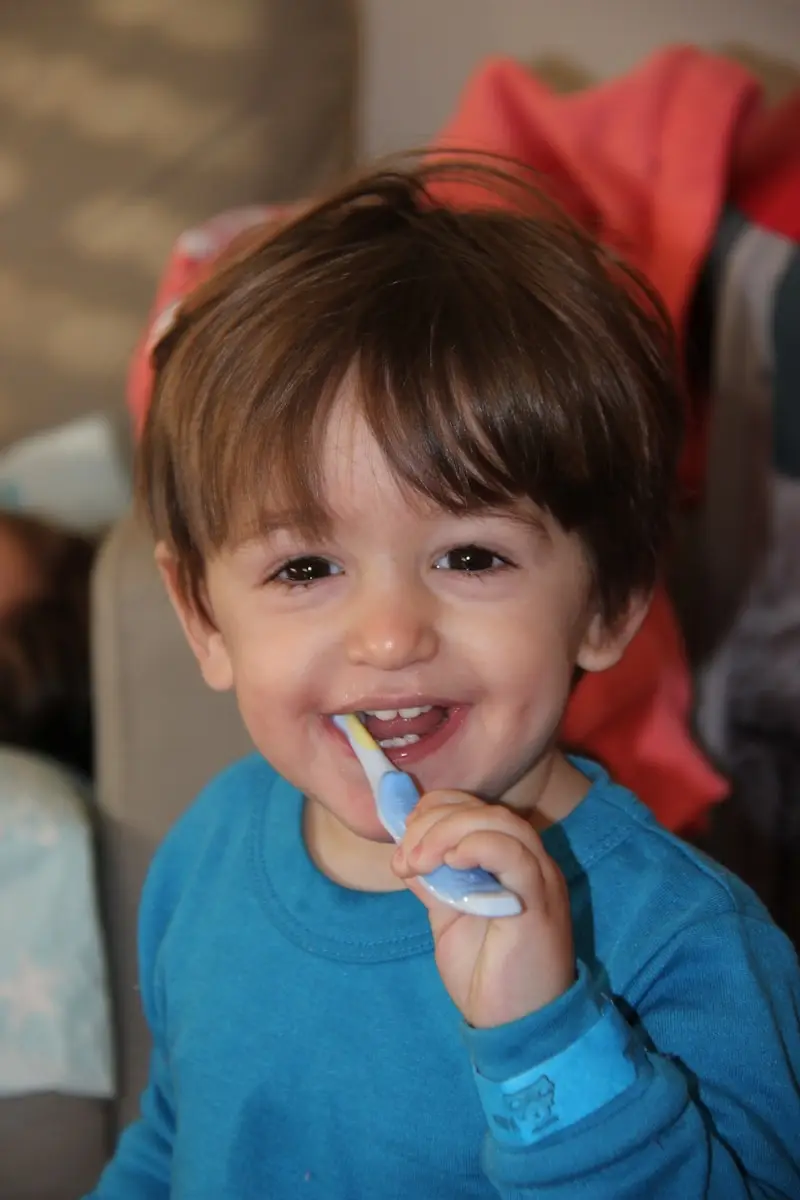Hygienic Ways to Kids Oral Health.
Most children before the first six months of life are toothless. As a result, many wonder what’s there to clean. But there is more to oral hygiene than teeth-brushing.
Also, a child’s oral health goes a long way in influencing his general well-being, confidence, academic and social performance. In fact, let’s make a dig into some hygienic points in ensuring kids’ oral health.
Infants 0 – 6 months
Children at this stage may not have been introduced to drinking water which is necessary for flushing down milk and other food residue. Yet, their mouths appear cleaner and odor free as a result of the constant moisture (caused by salivation) which limits bacterial growth. Also, breast milk; through some immune cells called phagocytes has been discovered to attack odor causing bacteria and keep it to the minimum. But, this is not to totally neglect their mouth cleaning routine. Early oral care routine inculcates the habit of oral hygiene and ensures oral health.
✎ Ensure to clean their gums with a clean moist washcloth or wool at least once daily.
✎ When the teeth starts to erupt, clean them with kid’s toothbrush and grain size fluoride toothpaste. Experts warn that this should be a daily routine, never to be abandoned because babies are at risk of tooth decay as soon as their teeth begins to appear.
✎ Drinking water is considered safe after the first six months of life. Introduce the habit of drinking water (in little amounts) after eating and in between meals, swallowing their medicines or consuming sweets and sugary foods. This limits bacterial growth.
✎ After the first tooth eruption; usually between 6 to 12 months, it is advised you schedule a visit with a kids dentist. This is to be sure that they are free of any oral issue, get information on their oral health and examine their risks for infections, tooth decay and other issues.
Toddlers 1 – 3 years
At this age, children are at a greater risk of oral issues as their interests in sweets and sugary products may spike, they may pick up and munch on just anything_ shoes, toys, books, metal and wooden objects etc. Also, their thumb sucking and pacifier use may be doing a bad job on their oral health.
✎ As the milk teeth continues erupting, ensure to clean their mouth with a soft bristle brush and a fluoride toothpaste in a pear size amount. This should be done twice daily.
✎ Clean between two teeth that meet as food particles may lurk in them.
✎ Withdraw feeding bottles and breast from their mouth as soon as they fall into deep sleep. Prolonged contact between milk and teeth can cause baby bottle tooth decay.
✎ Offer them clean drinkable water immediately after taking iron and multivitamin syrups as these medicines can lead to teeth discoloration.
✎ Stop the use of feeding bottles and pacifiers after age 3 to prevent oral deformation which may be resultant from lengthy years of sucking.
✎ Prevent them from chewing on hard objects which may affect their teeth and unclean items which could infect their mouths.
✎ Before age 3, your child should have visited the dentist at least twice. Continue the annual visits or visit as soon as scheduled in case your child has issues.
Older kids 4 years and Above
At this stage, children’s oral hygiene needs to be taken more seriously. One, they are probably growing their permanent teeth which is unlikely to fall off throughout their lifetime and two, they are becoming more aware of their body parts and appearances, hence, any poor oral health may lead to self esteem issues.
✎ Continue to brush their teeth twice daily until you feel they can handle the task. Many 6 year olds can successfully brush their teeth.
✎ Practice and encourage them to brush their teeth twice daily and floss at least once a week. Children would most likely do what they see you do than what you tell them to do.
✎ Encourage swallowing rather than chewing of drugs. When they do chew their drugs, make them drink enough water to flush down any remnants which may be corrosive to the teeth.
✎ It is important that children just like adults drink water after meals. Skipping water after meals is not only unhealthy for the digestive system but also bad for oral health as food particles, tastes and color would linger in the mouth and cause bacterial build up and odor.
✎ Mouth rinsing after eating oily foods, sugary and strong tasting foods is necessary for maintaining oral health and minimizing odor.
✎ Children should be ware that toothbrush, spoons and utensils, water bottles etc. are not to be shared. Let them know the risks involved in sharing personal items with others.
✎ It is important that children know that teeth brushing is not the sole way to maintaining oral health. Brushing the tongue and cleaning the gums is as important as warding off mouth odor and maintaining fresh breath.
General To dos
✎ Avoid excessive consumption of sweets and sugary products. These can lead to bacterial build up and tooth decay.
✎ Encourage children to drink water after every sugary treat so as to wash down any remnants which may be corrosive to the teeth.
✎ Encourage children to bite and chew their fruits instead of cutting it into bits or shredding it for them. Fruits like apple have properties which may help to keep children’s teeth clean and sparkling. Also, munching on carrots and pawpaw may help to strengthen their jaw muscles.
✎ Practice and encourage teeth flossing. Brushing is incapable of exiting the food particles and residue in between teeth.
✎ Don’t skip their yearly visit to the dentist even when you feel they are having a healthy oral system.





